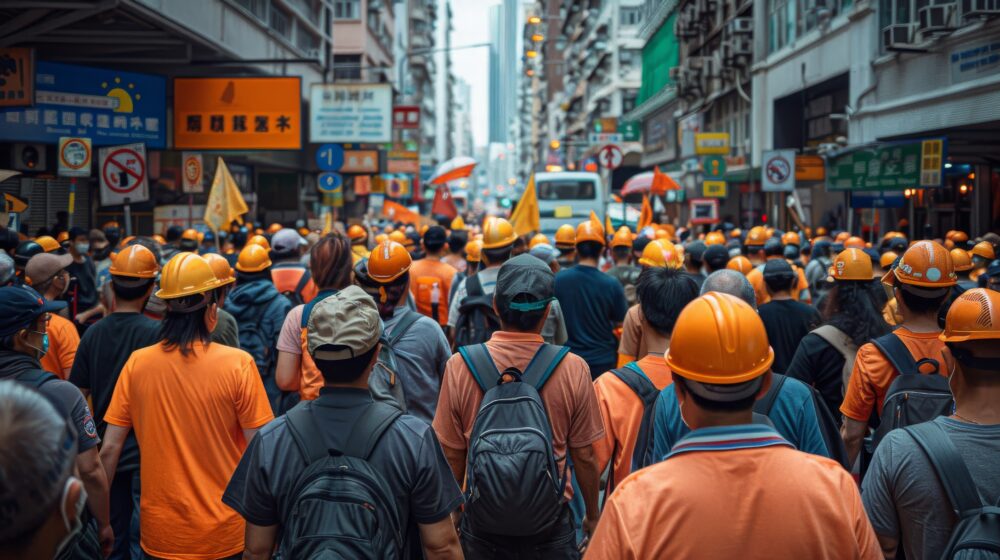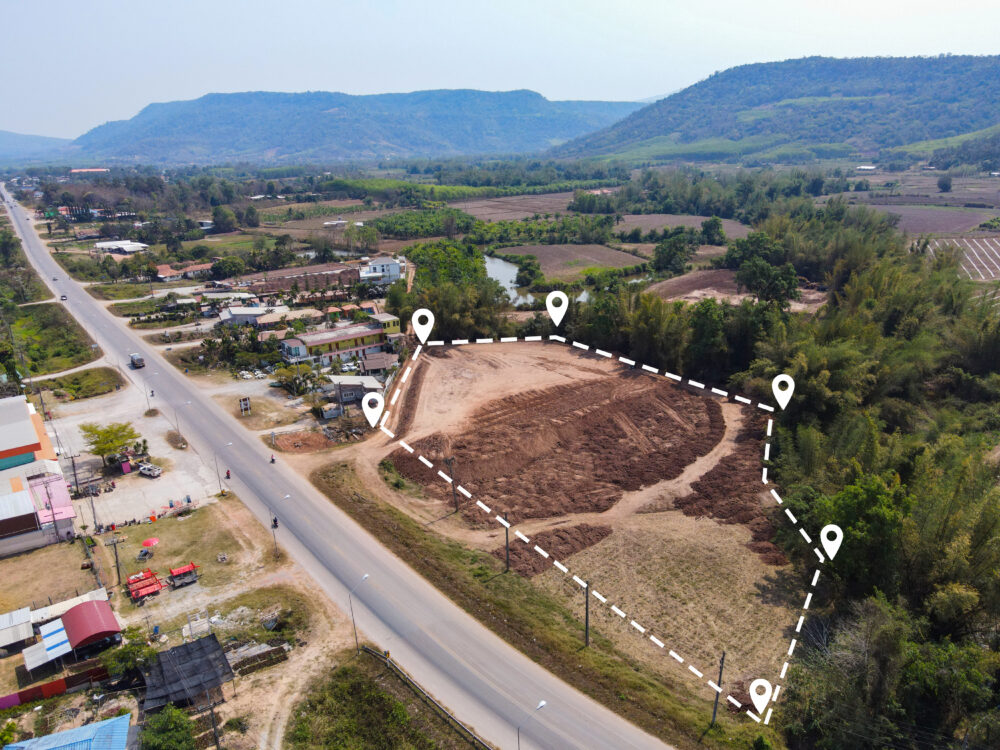Nowadays, restaurants and food stores are increasingly flourishing and developing after the Covid pandemic. A series of big brands from many countries have chosen Vietnam as a location to develop their brands and expand their markets, for example, milk tea chains, hot pot restaurants, fast food, etc.
So are there any restrictions for foreign investors doing restaurant business or F&B Fields in Vietnam?
1. The rental location does not meet the conditions
After the pandemic, a series of stores closed and returned to their premises, leading to a sharp drop in premises prices, especially those of people. Therefore, these are also the locations that foreign investors are looking for because of their beautiful locations, frontage and easier to attract customers than in high-end, luxury shopping centers. However, choosing these locations also has many potential risks.
- The lessor is not the owner of the premises but the sub-lessee. However, the Contract between the lessor and the landlord does not have a clause that the lessor has the right to sub-lease. Therefore, to ensure that there is no dispute with the landlord, the Investor must request the lessor to provide a written approval from the landlord that the lessor has the right to sub-lease;
- The construction is not in accordance with the construction permit: currently, many rental locations have been sub-leased to many parties, leading to the current state of the construction that may have been repaired and not in accordance with the current state of the granted construction permit. This is also a potential risk because the state agency may request the demolition and restoration of the original state to comply with the granted construction permit.
- The purpose of land use is not suitable: this is a common situation of many rental premises today. Most of the premises are used by people as houses for rent. However, according to the provisions of Article 218.4 of the 2014 Land Law, residential land can be used for commercial purposes, however, the owner must prepare a land use plan and submit it to the competent authority for approval. The contents of the combined land use plan include:
-
- Information on the land plot or land area in use: location, area, form of land use; land use term;
-
- Area, purpose of combined land use, duration of combined land use;
-
- Content that meets the requirements according to the provisions of the law on environmental protection and other relevant provisions of law.
Therefore, before leasing, the Investor should carefully consider and discuss with the lessor about this issue to avoid improper use of the land plot.
2. Not reviewing the terms of the Lease Contract closely
When applying for a project in Vietnam, investors need to find a suitable business location and sign a lease agreement/contract, then the state agency will review and evaluate whether the lease location is suitable or not. If the negotiation is not strict, investors can easily lose money without achieving their business goals. For example: the business location is illegally built, the landlord does not support providing documents, coordinating with state agencies when necessary, or does not support applying for the necessary licenses to meet the lease conditions.
3. The time to apply for an investment project in Vietnam is prolonged
Currently, when an investment project to establish a licensed restaurant in Ho Chi Minh City, the Department of Planning and Investment of Ho Chi Minh City will consult with 6 agencies before deciding to approve the establishment of the project for the investor, specifically the following agencies:
- Department of Planning and Architecture;
- Department of Construction;
- City Command;
- Military Region 7 Command;
- City Police;
- People’s Committee of the district where the investor locates the restaurant business.
Therefore, the inspection and evaluation process of these 6 agencies will be prolonged and the processing time depends on the response and evaluation process of each agency. This contributes to affecting the progress of business operations as well as financial losses because they have to pay rent but cannot operate because they have not been licensed.
At the same time, if the above 6 agencies respond with disagreement because the business location does not meet the requirements, it may affect the Investor’s need to liquidate the Lease Contract and find a new business location. This increases costs and creates the risk of disputes with the landlord if the Investor does not comply with the terms of contract termination due to the problem of not meeting the location conditions during the investment project application process.
Above are some risks that foreign investors should consider before investing in establishing a restaurant. Choosing a business location as well as negotiating a contract with the lessor are very important issues that investors should consult a lawyer about. At the same time, investors should have backup plans in case the time to apply for an investment project in Vietnam takes too long.
See more:
-
Conditions for insurance brokerage of foreign investors in Vietnam.
-
Foreign investors establishing manufacturing companies in Vietnam.
-
Foreign Investors To Distribute Liquor In Vietnam, Easy Or Hard?
Disclaimers:
This article is for general information purposes only and is not intended to provide any legal advice for any particular case. The legal provisions referenced in the content are in effect at the time of publication but may have expired at the time you read the content. We therefore advise that you always consult a professional consultant before applying any content.
For issues related to the content or intellectual property rights of the article, please email cs@apolatlegal.vn.
Apolat Legal is a law firm in Vietnam with experience and capacity to provide consulting services related to Business and Investment and contact our team of lawyers in Vietnam via email info@apolatlegal.com.





































